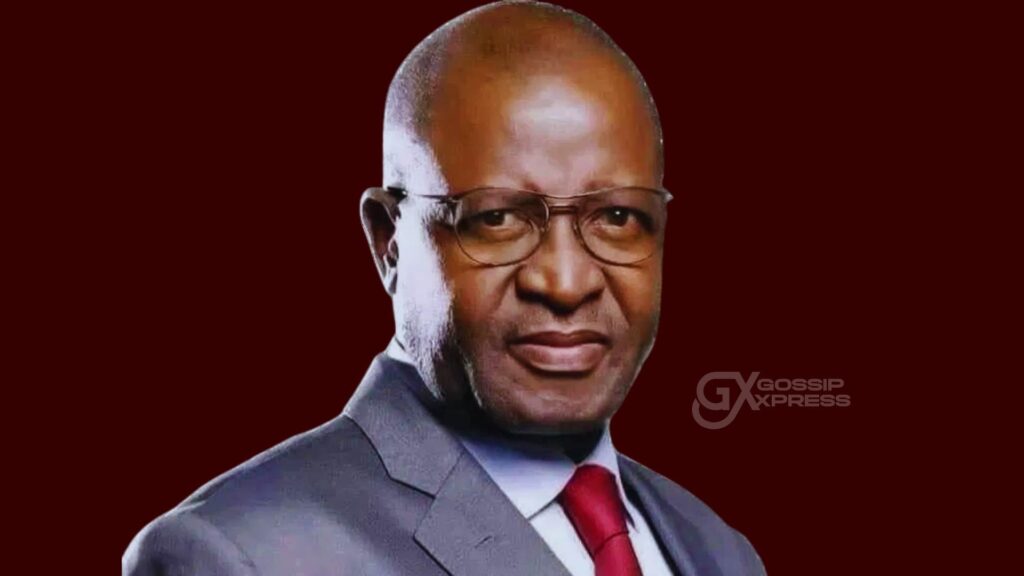Nigeria has lost one of its elder statesmen with the passing of Senator Solomon Sunday Akku Ewuga, a former Minister of State for the Federal Capital Territory and one-time senator representing Nasarawa North.

He died on Tuesday, September 23, 2025, at the age of 74, allegedly after battling with illness.
Here are seven things to know about the deceased:
1. Early Life and Education
Born on June 19, 1951, in Nasarawa State, Ewuga attended St. Joseph’s College, Vom, before studying Political Science at the University of Ibadan (1974–1977).
He later pursued Mass Communication at Stockholm University, Sweden, and went on to study Law at the University of Jos, being called to the Nigerian Bar in 1988.
2. Journalism and Media Career
Before entering politics, Ewuga worked as a teacher and later as a broadcaster with the Nigeria Broadcasting Corporation. He rose to become Managing Director of the Nigerian Standard Newspaper, establishing himself as a respected journalist and communicator.
3. Entry into Politics
Ewuga’s political career began in the Second Republic as Publicity Secretary of the National Party of Nigeria (NPN) in Plateau State. He later joined the Peoples Democratic Party (PDP) and, in 1999, contested the Nasarawa governorship ticket against Abdullahi Adamu. Though he lost, he was chosen as Adamu’s Deputy Governor.
4. Minister of State for the FCT
In June 1999, President Olusegun Obasanjo appointed Ewuga as Minister of State for the Federal Capital Territory, a position he held until 2001. His tenure coincided with the early years of Nigeria’s Fourth Republic.
5. Senator for Nasarawa North
In 2011, Ewuga was elected Senator for Nasarawa North under the Congress for Progressive Change (CPC). He served in the 7th National Assembly, where he was Vice Chairman of the Committee on Land Transport and a member of several other committees, including Public Accounts and Police Affairs.
6. Political Resilience and Party Shifts
Ewuga made multiple bids for the Nasarawa governorship in 2003 and 2007, moving across parties from the PDP to the ANPP, CPC, and later the APC. His career was marked by resilience and adaptability in Nigeria’s shifting political landscape.
7. Personal Life and Tragedies
Beyond politics, Ewuga endured personal trials. His daughter, a pilot, tragically died in a plane crash in Cameroon, and he himself survived a kidnapping that left him with lasting injuries. Despite these setbacks, he remained active in public life until his death.
While his departure has cast a shadow of momentous darkness over the nation, his legacy continues to shine as a beacon of resilience, service, and dedication.

